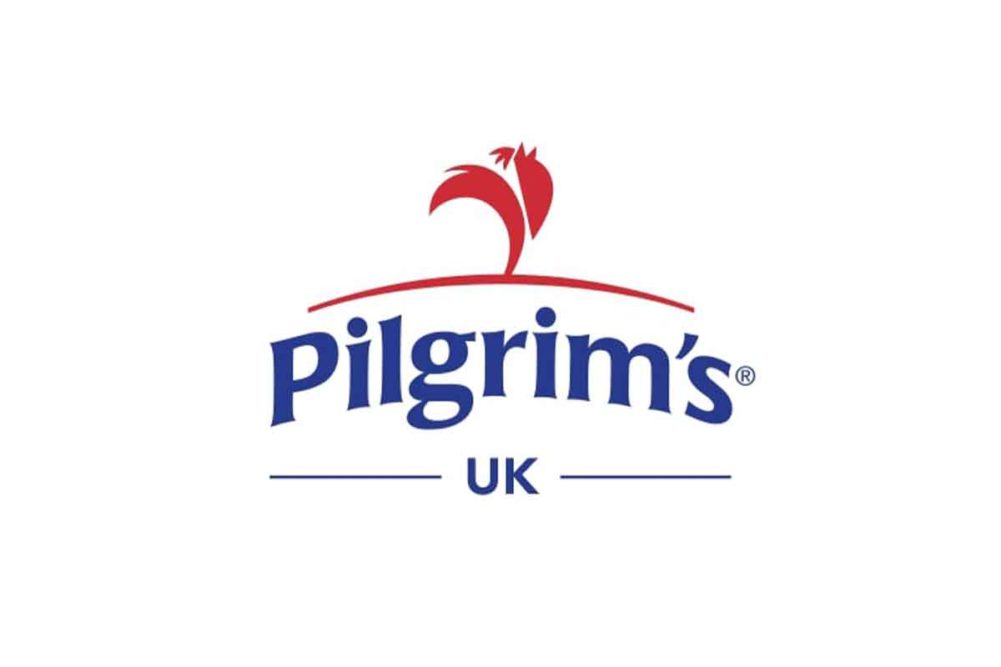WARWICK, ENGLAND — Pilgrim’s UK, along with its retail partners Waitrose and Co-op, published a first-ever human rights impact assessment (HRIA) on the companies’ pork and lamb supply chains. The report provides details on the impact the companies are having on farmers, workers and other stakeholders so to strengthen the pork and lamb supply chain.
“This is a major step towards a fully transparent and ethical supply chain, going beyond compliance,” said Rachel Baldwin, vice president of human resources at Pilgrim’s UK. “As one of Britain’s largest pork providers, we know it’s our responsibility to set a precedent so that others across the industry might develop similar practices. We’re committed to raising awareness of workers’ rights, and, while the meat industry has historically come up against perception challenges in this area, we want to do all we can to overturn those challenges by going further in understanding our supply chains and supporting workers.”
The assessment covers the period between October 2021 and February 2022 and focuses on Pilgrim’s outdoor-bred pig and lamb farms as well as its processing and slaughterhouse facilities in the United Kingdom.
Some key findings include:
- Farmers are losing money as they are financially penalized for sending overweight pigs to slaughter. Production costs are increasing, leading to a downward pressure on working conditions and wages.
- Pilgrim’s UK relies on overseas or migrant workers to fill meat processing jobs. Migrant workers experience differential treatment in pay, conditions and recruitment.
- Workers on some farms are without employment contracts. Except in one case, these are family workers.
- Farmers work irregular and excessive hours. Lone hog farmers often work an average of 14 hours per day.
- Hog and lamb farmers’ wages vary, with some not earning the real living wage rate, as set by the Living Wage Foundation.
- Overtime is optional at all sites and paid at a higher rate.
- All workers at Pilgrim’s plants receive health and safety training. Workers receive earplugs to protect against loud noise and machinery. At the time of the assessment, COVID-19 tests were carried out during day shifts.
- Conditions at Pilgrim’s plants include working long hours while standing up and repetitive work.
In response to the HRIA, Pilgrim’s, Co-op and Waitrose published a joint Human Rights Action Plan. In the plan, the companies detail specific actions to be taken to address concerns from the HRIA.
“We welcome the HRIA report which reflects the challenges faced by workers in two modern agricultural supply chains,” said John Gregson, ethics and sustainability advisor with Waitrose. “The report’s findings clearly demonstrate the importance of care, vigilance and a culture of continuous improvement in training and monitoring as reflected in the Action Plan. Even though we have strong and close relationships with our farmers and suppliers and are proud of our standards, we believe that the food and farming industries should be prepared to regularly submit themselves to scrutiny to ensure the safety and wellbeing of all stakeholders.”


